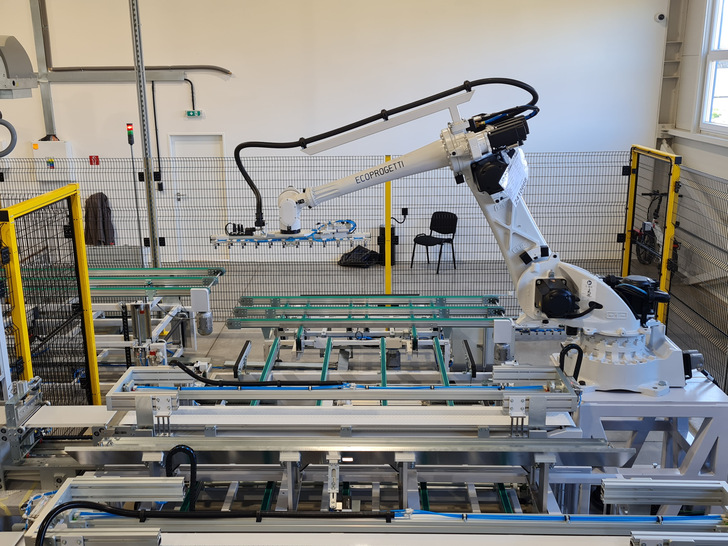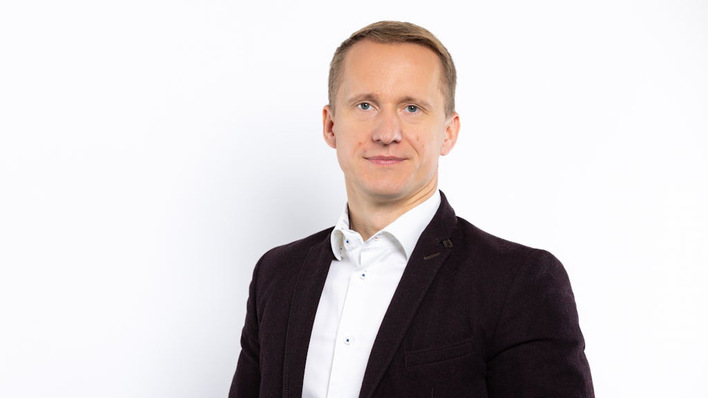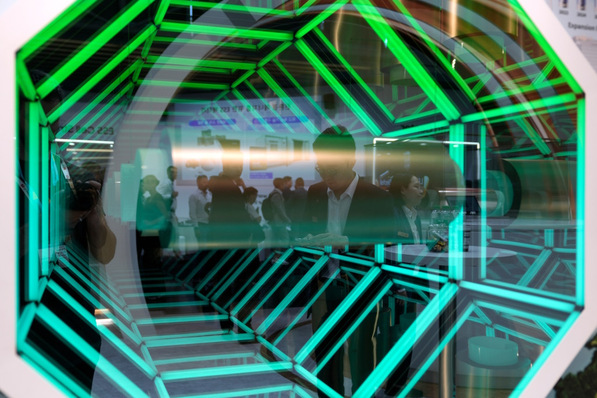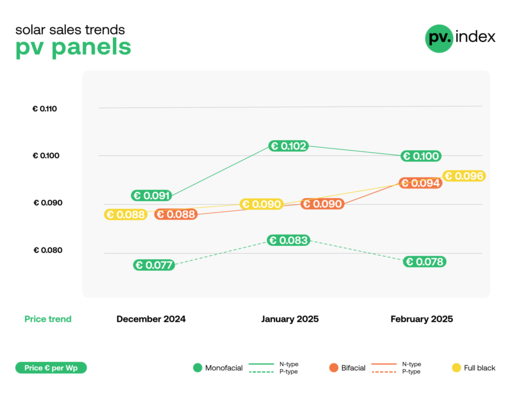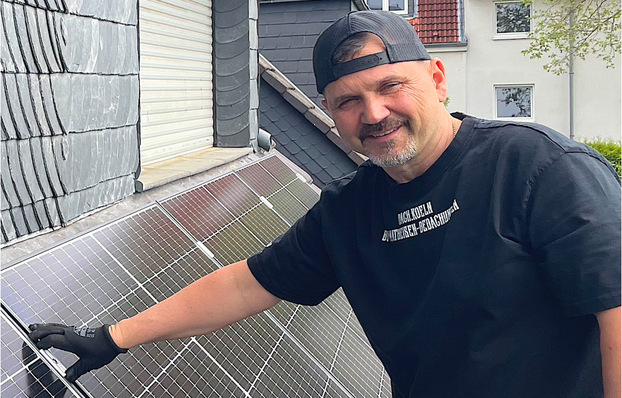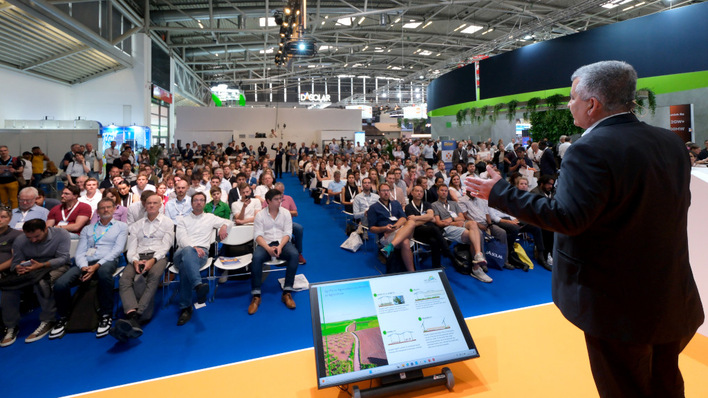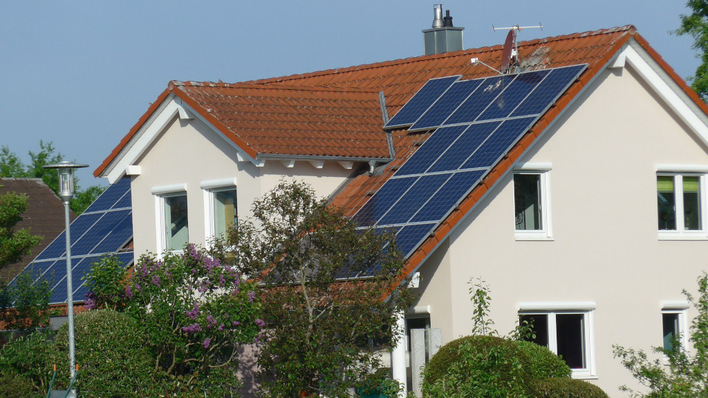Europe's need for additional solar energy is immense. Hence the call for local production. This is also due to political and economic considerations, as production in Asia would entail additional dependence on Russian energy. GridParity AG took this into account when it suggested an investment in Slovakia and also took a one-third stake in the establishment of the production plant.
Production in Vranov
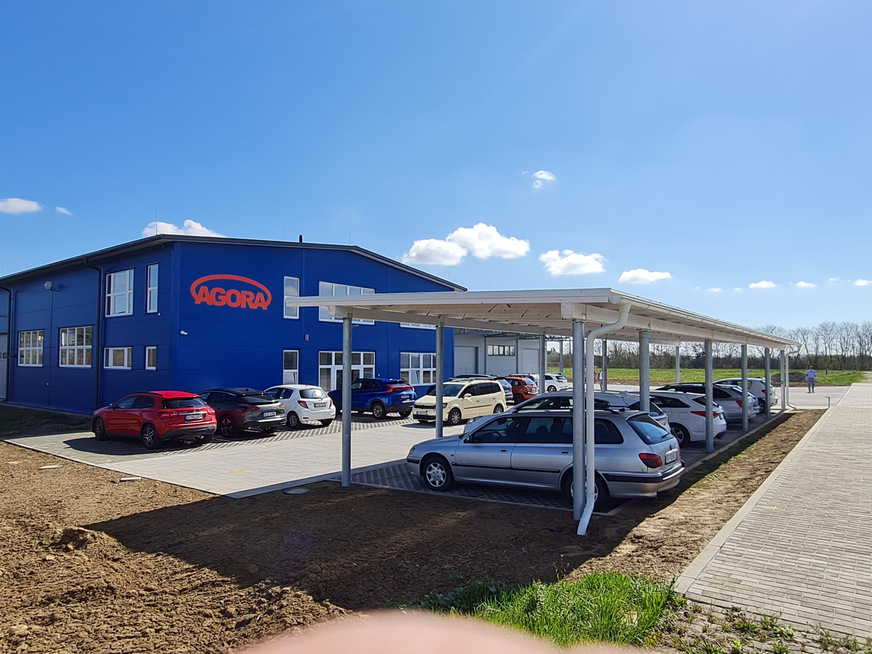
Agora Solar
So far, no modules have been produced in Slovakia, although there is a strong market demand. In an extensive selection process, the town of Vranov near Košice, with a population of 20,000, was chosen as the location. The personnel requirements can be met by the local population, and the correspondingly large area and logistics are available in an industrial park.
See also: Solar fences and semi-transparent glass canopies
An expansion of the output from the current 150 megawatts to up to 500 megawatts in the next two years is already planned - assuming subsidies from EU programmes. The first production phase is to be realised without subsidies.
Fully automated production line for greater flexibility
The manufacturer of the production line - Ecoprogetti from Italy - promises great flexibility and short changeover times. This is one of the major advantages of being a smaller manufacturer compared to the overwhelming size of Chinese producers. The range of solar cells and module sizes has been greatly expanded worldwide in recent years - accompanied by the disadvantage that certain power classes are often only available for a limited time and modules can no longer be replaced years later. The production of special modules with small batch sizes will prove to be a valuable niche here.
Semi-transparent glass-glass modules
The focus in production will be on semi-transparent glass-glass modules, with transparency levels of up to 50 per cent. This is particularly crucial for building integration (BIPV), especially for terraces and carports, as well as for AgriPV applications.
Also interesting: How Germany can become climate-neutral by 2050
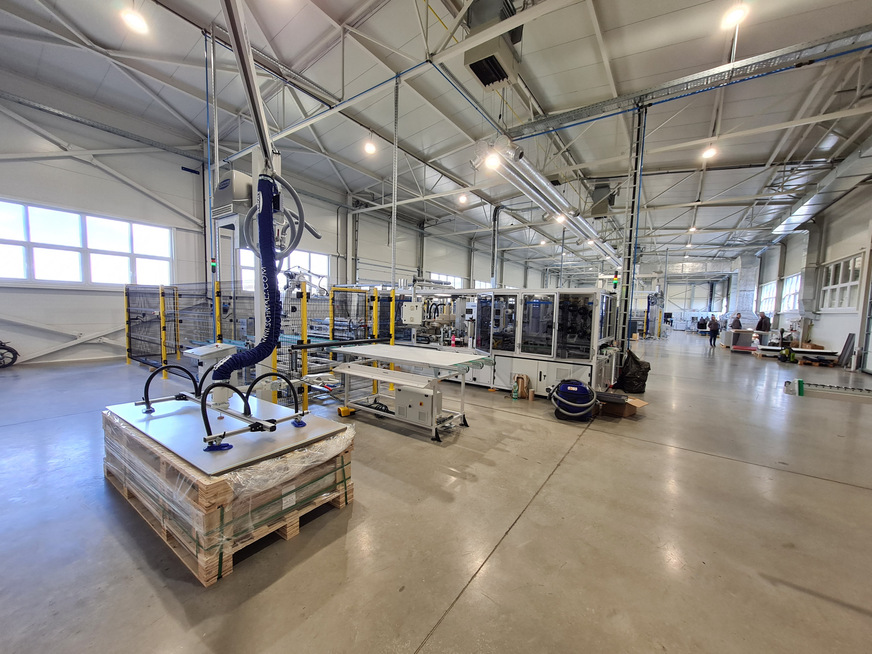
Agora Solar
In both cases, glass-glass modules are required, for which Agora Solar has applied for and received approval for overhead glazing. There are valuable additional benefits for consumers, as n-type bifacial solar cells are used for all modules.
30-year warranty for glass-glass modules
Glass-glass modules are virtually indestructible. Agora Solar expects the modules to last at least 50 years. Over their lifetime, glass-glass modules deliver significantly more solar power than glass-foil modules and are therefore probably twice as economical in the long run. Due to the only slight degradation, Agora Solar therefore grants a linear performance guarantee of 30 years. (mfo)


